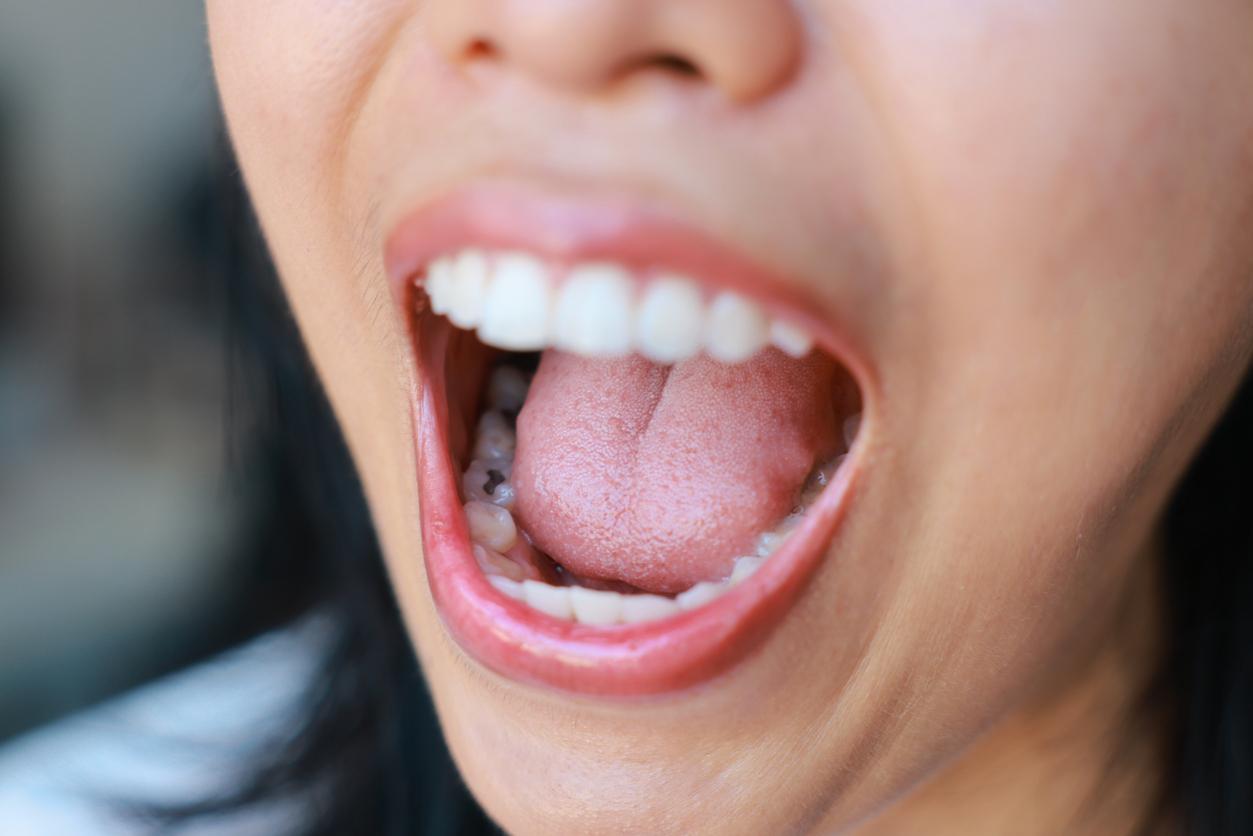The composition of the oral microbiota, this set of bacteria present in our mouth, can have an influence on our cognitive health as they age, according to a team of researchers.

- A new study carried out on 120 adults suggests that the oral microbiota and oral health could influence cognition as they age.
- The researchers found that certain bacteria were associated with better memory, while others were linked to a cognitive decline. The APOE4 gene, a risk factor for Alzheimer’s, could also influence this bacterial composition.
- Although causality is not proven, these results underline the importance of dental hygiene for brain health.
Brushing teeth and use of dental wire are not only used to prevent cavities, gum disease or bad breath. A new study, published in PNAS Nexussuggests that the balance of bacteria in our mouth, otherwise called oral microbiota, could also play a role in our cognitive health as they age.
A link between oral bacteria and cognitive performance
Researchers from the University of Exeter (United Kingdom) analyzed the oral flora of 120 elderly adults, half of which suffered from a light cognitive disorder (MCI), a condition that affects memory and can precede dementia. Their work has revealed unexpected associations between certain bacteria and cognitive performance. Bacteria Neisseria And Haemophilus In particular associated with better results with memory and reflection tests. Conversely, others like Prevotella were linked to less good performance.
The study also highlighted a potential link between a risk gene for Alzheimer’s disease, APOE4, and certain oral bacteria. The carriers of this gene had higher levels of Prevotella Intermediawhich suggests that genetics could influence the oral bacterial composition. However, no direct causal link has been demonstrated, specifies a press release.

Towards a prevention of cognitive decline?
Some oral bacteria play a role in the transformation of nitrates, present in foods such as beets and green vegetables, in essential molecules for blood circulation and brain function. Participants with more Neisseria And Haemophilus presented a bacterial flora favoring these biochemical processes, although the direct impact on cognition remains to be confirmed.
The researchers also found that participants with light cognitive disorders had higher levels of gingivalis porphyromonas, a bacteria responsible for gum disease. This result is added to the growing evidence of a link between oral health and the functioning of the brain.
For carriers of the APOE4 gene, who have differences in their oral flora, particular attention to dental hygiene could in particular be beneficial. Scientists specify that additional research is however necessary to establish whether better oral health can really slow down the cognitive decline as they get older.
















